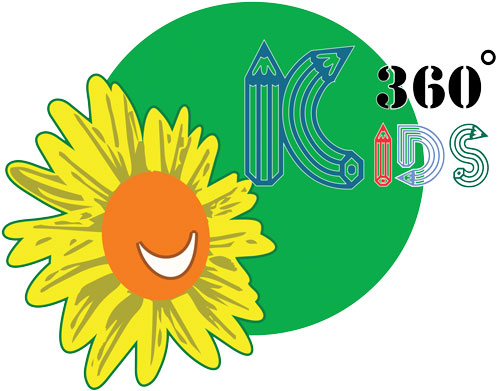Building on Prior Knowledge and Experience
Mathematics in play school builds on children’s desire to make sense of their world, and helps them develop and demonstrate their mathematical understanding. Young children use mathematics intuitively and develop their understanding of mathematics through their individual approaches to learning, as well as through their prior experience of their linguistic, family, cultural, and community backgrounds. It is therefore important that children’s existing conceptual understanding of mathematics be valued and that children be introduced to mathematical concepts in an appropriate manner and at an appropriate time in their development.
Providing Rich Problems and Connections to Real Life
Problem solving and reasoning that involves the “big ideas” of mathematics are the foundations of mathematics in the playschool program. Rich mathematical problems involve important mathematical ideas and arise out of real-life situations, and can be approached in a variety of ways so that all children can be involved in exploring solutions. Solving such mathematical problems requires persistence since they do not have one easy-to-find correct answer. Through active participation in mathematics investigations, including problem-solving and discussions, children develop their ability to use mathematics as a way of making sense out of their daily experiences.
Providing Balanced Mathematics Instruction
The expectations for mathematics are organized under the following subheadings:
1. Number Sense and Numeration (Quantity Relationships; Counting; Operational Sense)
2. Measurement (Attributes, Units, and Measurement Sense; Measurement Relationships)
3. Geometry and Spatial Sense (Geometric Properties; Geometric Relationships; Location and Movement)
4. Patterning (Patterns and Relationships)
5. Data Management and Probability (Collection and Organization of Data; Data Relationships; Probability)
6. Children need to learn and apply them in every aspect of their exploration of mathematical concepts. In our play school’s mathematics.
7. program teachers weave together the mathematical processes and related expectations from the five mathematics categories, as well as relevant expectations from other areas of learning (e.g., science and technology, language, the arts). It is important that the study of 9 various aspects of everyday life should permeate young children’s mathematical experiences.
On the basis of what we know about young children’s learning, mathematics in 360 Kids Play School is active, hands-on, child-centred, and problem-based. Concrete materials provide children with tactile experiences to help them explore and describe mathematical problems and solutions.
Questioning is a very important aspect of mathematics in the Kindergarten program. Teachers provide models of a range of question types to promote problem-solving and to probe and challenge children’s mathematical thinking and reasoning. Teachers also create an environment in which children are encouraged to pose mathematical questions, explore, and investigate. It is important that good questioning is interwoven throughout the preschool program and that children’s literature, music, or artwork be used as starting points for mathematics activities.
Teachers provide children with planned opportunities every day to develop their mathematical understanding by incorporating high-quality investigative learning experiences that involve the use of mathematics manipulatives. Teachers introduce mathematical concepts, strategies, and vocabulary in carefully planned hands-on activities at various learning centres in the classroom, and provide children with opportunities to explore mathematical concepts and strategies in a wide variety of ways. It is important for young children to see themselves as mathematicians as they investigate their world. Children need time to practise and consolidate their learning through mathematical investigations that take place through free exploration, focused exploration, and guided activity. They also need time to reflect and to make connections. Developing a positive attitude to mathematics and the ability to persevere in solving problems will have a significant impact on children’s future success.

